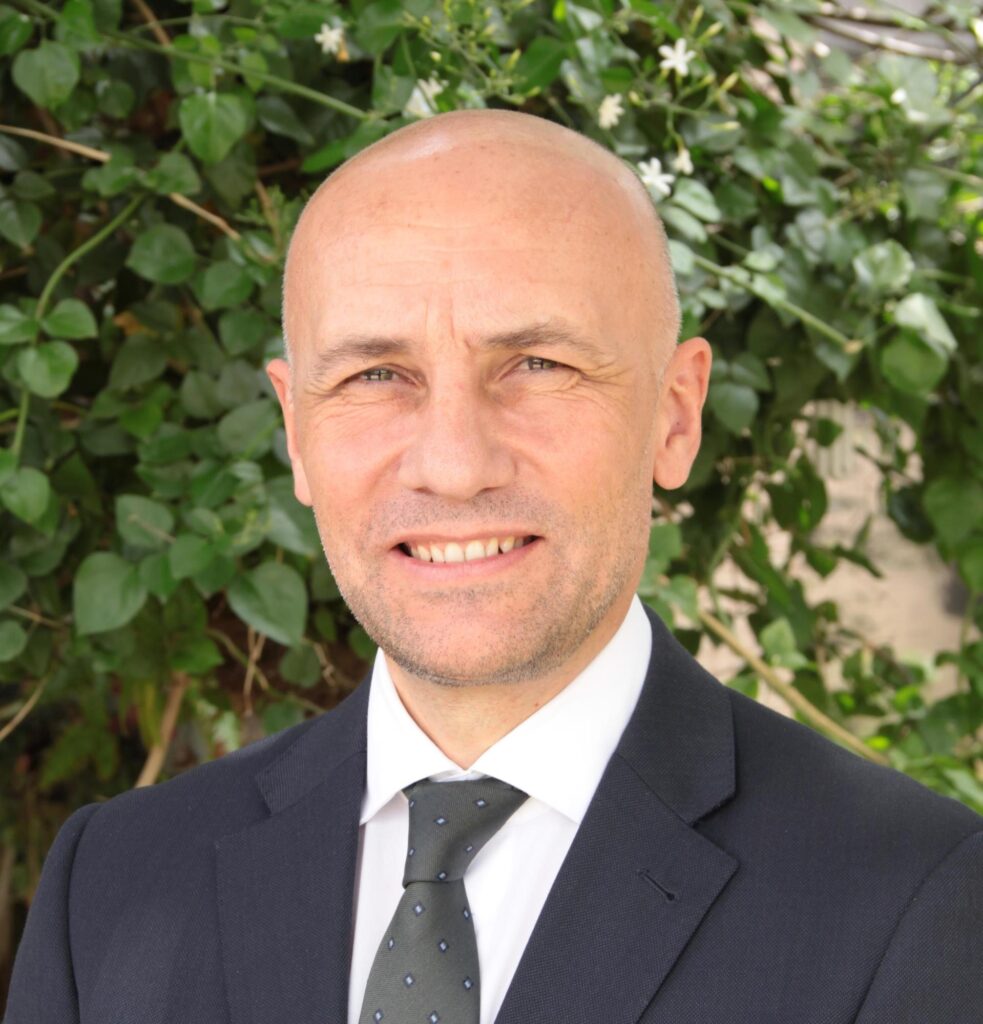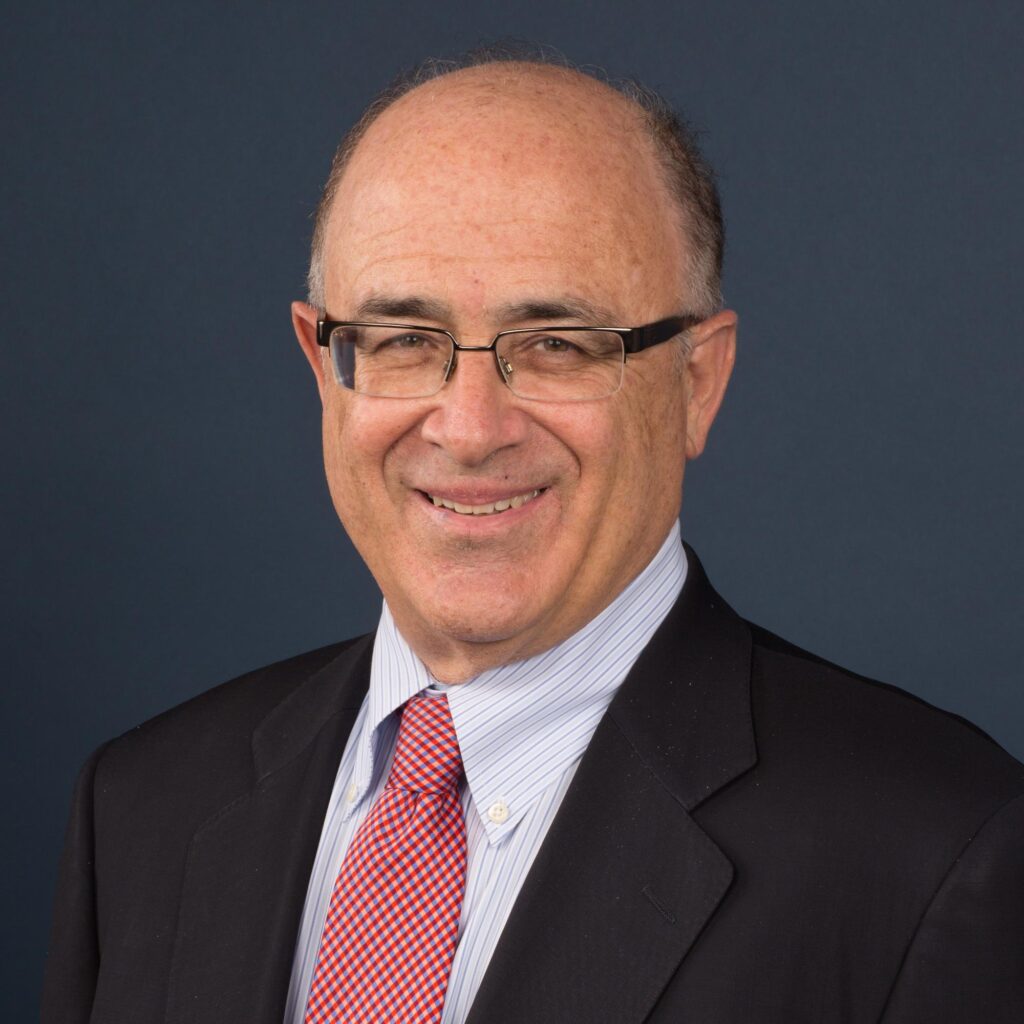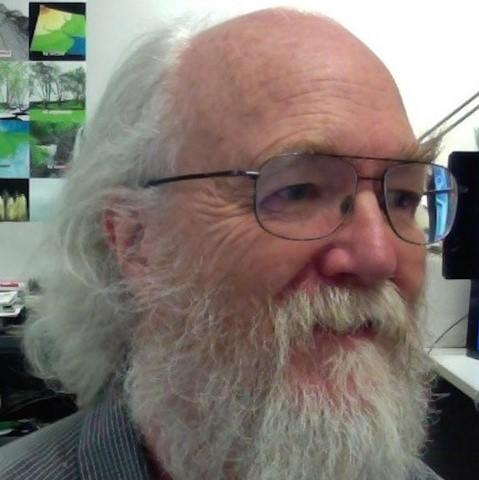Former Research and Teaching Team International Sustainable Tourism Initiative

Dr. John Spengler
Principal Investigator John Spengler, Akira Yamaguchi Professor of Environmental Health and Human Habitation, and Director of the JPB Environmental Health Fellowship Program at the Harvard T.H. Chan School of Public Health, has conducted research on personal monitoring, air pollution health effects, indoor air pollution, and a variety of environmental sustainability issues. Several of his investigations have focused on housing design and its effects on ventilation rates, building materials’ selection, energy consumption, and total environmental quality in homes. Spengler chaired the committee on Harvard Sustainability Principles; and served on Harvard’s Greenhouse Gases Taskforce to develop the University’s carbon reduction goals and strategies, as well as Harvard’s Greenhouse Gases Executive Committee. He serves on the National Academies’ Health and Medicine Division “Roundtable on Environmental Health Sciences, Research and Medicine”. Previously he chaired the National Academies’ NRC “Green Schools: Attributes for Health and Learning” committee and the IOM “Effect of Climate Change on Indoor Air Quality and Public Health” committee; and he has served as an advisor to the World Health Organization on indoor air pollution, personal exposure and air pollution epidemiology. He now serves on the Alfred P. Sloan Foundation’s Chemistry of Indoor Environments advisory committee. In 2003, Spengler received a Heinz Award for the Environment; in 2007, the Air & Waste Management Association Lyman Ripperton Environmental Educator Award; in 2008, the Max von Pettenkofer Award for distinguished contributions in indoor air science from the International Society of Indoor Air Quality & Climate’s Academy of Fellows; and in 2015, the ASHRAE Environmental Health Award.

Megan Epler Wood
Director Megan Epler Wood is the author of the 2017 book, Sustainable Tourism on a Finite Planet which addresses the cascading consequences of rapid tourism growth in the next 30 years. She is the Founding Director of the International Sustainable Tourism Initiative at the T.H. Chan School of Public Health at Harvard University where she leads an international applied research program on SMART Destination planning and Tourism and Environmental Health in a Changing Climate. She is Managing Director of the Sustainable Tourism Asset Management Program (STAMP) launched in April 2017 at the Center for Sustainable Global Enterprise in the SC Johnson College of Business at Cornell University. She is the Principal of EplerWood International which has raised millions of dollars of investment for sustainably designed ecotourism and community development projects in over 20 countries working with USAID, the World Bank, and Inter-American Development Bank. She was an NGO leader establishing ecotourism as a leading sustainable development tool from 1990-2002. Epler Wood won a Lifetime Achievement award from The International Ecotourism Society in 2013 for her significant work in this field.

Sofia Fotiadou
Sofia Fotiadou was the Research Manager at the International Sustainable Tourism Initiative (ISTI) 2016-2018 of the Harvard T.H. Chan School of Public Health overseeing the Tourism and Environmental Health in a Changing Climate project. During her tenure at Harvard under the direction of Megan Epler Wood, she developed an Holistic Environmental Accounting for Tourism Destinations (HEAT-D) and a successful pilot implementation of the framework, funded by GIZ in 2017-2018, in two destinations in Tunisia.
Sofia is an Architect-Engineer from Greece based in Paris who holds a Master’s degree in Sustainability from Harvard University DCE. She has a strong technical background with many years of experience in buildings and infrastructure, design and construction. As a researcher, she has worked on research on Mediterranean tourist destinations with a focus on direct and indirect impacts of tourism’s water and energy consumption, short and long-term effects of climate change on destinations, and carbon management at the accommodation and destination level. She is presently the Eco-design & Sustainability Lead for an international company specializing in the design and construction of major transport infrastructure based in Paris.

Dr. Vicente Molés
Dr. Vicente J. Molés is an international consultant with more than 25 years of experience in international development programs and tourism. He advises several multilateral development institutions and worked with the International Sustainable Tourism Initiative (ISTI) under the direction of Megan Epler Wood at the Harvard T.H. Chan School of Public Health from 2017-2018 to develop research and a course on Sustainable Tourism, Regional Planning & Geodesign taught at Harvard Extension 2018 – 2021. Dr. Molés has worked for the Valencian Government (Spain), European Commission in Brussels, Spanish Agency for International Cooperation and Development (AECID) in Bolivia, UNWTO Themis Foundation as the Director, and at the Inter-American Development Bank (IDB) in Brazil.
Vicente’s experience in the tourism sector covers issues related to geodesign, global strategic alliances, strategic planning, sustainable tourism, learning and management of development programs, and projects within public and international institutions. Dr. Molés is an Industrial Engineer, based in Valencia Spain, who received a Doctorate in Industrial Engineering from the Polytechnic University of Valencia and a Master’s degree in Hotel and Tourism Management from the University of Valencia.

Dr. Henry Lee
Henry Lee is the Jassim M. Jaidah Family Director of the Environment and Natural Resources Program within the Belfer Center for Science and International Affairs at Harvard’s John F. Kennedy School of Government, Faculty Co-Chair of the Sustainability Science Program, and a Senior Lecturer in Public Policy. He also serves on the board of the school’s Middle East Initiative. Before joining the School in 1979, Mr. Lee spent nine years in Massachusetts state government as Director of the State’s Energy Office and Special Assistant to the Governor for environmental policy. He has served on numerous state, federal, and private boards, and advisory committees on both energy and environmental issues. Additionally, he has worked with private and public organizations, including the InterAmerican Development Bank, the International Finance Corporation, the State of Sao Paulo, the U.S. Departments of Energy and Interior, the Intercontinental Energy Corporation, General Electric, the Massachusetts Department of Conservation and Recreation, and the U.S. EPA. His recent research interests focus on energy and transportation, China’s energy policy, and public infrastructure projects in developing countries. Mr. Lee is the author of recent papers on the economic viability of electric vehicles in both the U.S. and China, as well as overseeing or writing case studies on the privatization of Rio de Janeiro’s airport, and Argentina’s renewable energy investment.

Dr. Stephen M. Ervin
Consultant Dr. Stephen M. Ervin, MLA, PhD, FASLA, is the Assistant Dean for Information Technology at the Harvard University Graduate School of Design, Lecturer in the Department of Landscape Architecture, and Senior Research Advisor to the Harvard Center for Green Buildings and Cities. Dr. Ervin teaches and conducts research in the areas of design, computing, media and technology, with a special interest in landscape modeling and visualization, green buildings, livable cities, resilient landscapes, sustainable tourism, and computer-aided algorithmic design, especially emerging geodesign technologies and practices. He recently spent several years teaching landscape planning and urban design studios in China, together with landscape architect Yu Kongjian of Peking University. Dr. Ervin is the author, together with co-author Hope Hasbrouck, of ‘Landscape Modeling: Digital Techniques for Landscape Visualization‘ published by McGraw-Hill (ASLA Merit award winner in 2002); has taught and lectured worldwide; participated in landscape and urban planning projects in America, Europe and Japan and China; and published articles in a number of journals including Journal of Digital Landscape Architecture, GIS World, Landscape Architecture Magazine, Computers, Environment and Urban Systems, Computer Graphics and Applications, and others. He holds a Master’s degree in Landscape Architecture from the University of Massachusetts at Amherst and a PhD in Urban Studies from the Massachusetts Institute of Technology. Dr. Ervin received the ESRI Award for Lifetime Achievement for Geodesign Development in 2012.

